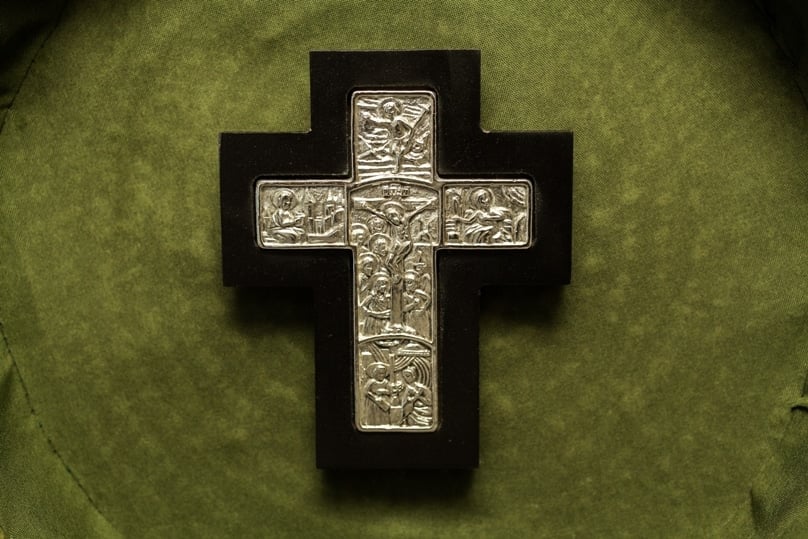
Social researcher and commentator Hugh Mackay has a new book out this month with the title Beyond Belief.
I’ve yet to read it, but the publisher’s blurb says that it is Mackay’s examination of the phenomenon of Australians moving away from organised religion and religious institutions, while retaining, or even growing their interest in faith and spirituality.
Mackay has described himself as agnostic, but Christian in his values. He has a very valuable perspective based on his years of social research over the past few decades. He knows what is important to the majority of Australians, and thus, for me at least, he’s a great go-to if I want to gain a more objective view than my own regular Mass-going Catholic one of the wider culture my children are growing up into.
He has observed that whether or not people believe in the existence of an objective God, most people search for meaning in their lives through some transcendent reality.
That transcendent reality might be one of many things, including God, or love and compassion, goodness, or care for the environment.
He says that this explains the contradictions in Australian attitudes to religion and spirituality, such as the decline in regular worship attendance alongside the fact that 61 per cent of us identify as Christian and 68 per cent believe in either God or some sort of higher power. Most Australians put their faith in something or someone, but most
Australians don’t put their faith in the God of an organised religion or at least not in such a way that it impacts on their regular behaviours.
The move from organised religion to do-it-yourself spirituality is attractive to lots of people because most of us have a ‘live-and-let-live’ mentality. Most of us need and want the freedom to decide for ourselves what to believe and how to live, and want others to have that same freedom.
What I would want to remind my children is that it’s very important to safeguard this freedom, freedom that God himself respects. I would also want them to know that our life’s happiness is not in unadulterated freedom when it comes to what we believe and how we live – that we are paradoxically truly most free when we are drawn close in authentic relationships that allow us to grow as persons, and our most authentic relationship is with our God, self-revealed in Jesus Christ.
I would want to remind them, often, that their baptism, in claiming them for God, and yes, prescribing some of their behaviours and drawing them into a community of faith, has conferred on them great personal freedom, great dignity, and an exalted mission of love, truth and goodness.
It is as old as humanity itself, this need to believe in something greater than oneself, in what we could call a god. One of the great struggles, maybe the biggest, of the Christian life is just to keep our minds, hearts and strength at the loving service of the one true God who, in being born into the world, has chosen to reveal himself in Jesus Christ in whom we find (the amazing grace of it!) all goodness, all beauty and all truth.
It’s a beautiful and precious inheritance we have to pass on to our children. A pearl of very great price. Not only does it give us, and them, the great meaning to life and immense freedom that makes life good and happy and purposeful for themselves and others around them.
There is also the coherency and consistency that come from its being most firmly grounded in the person of Jesus – the way, the truth and the life.
